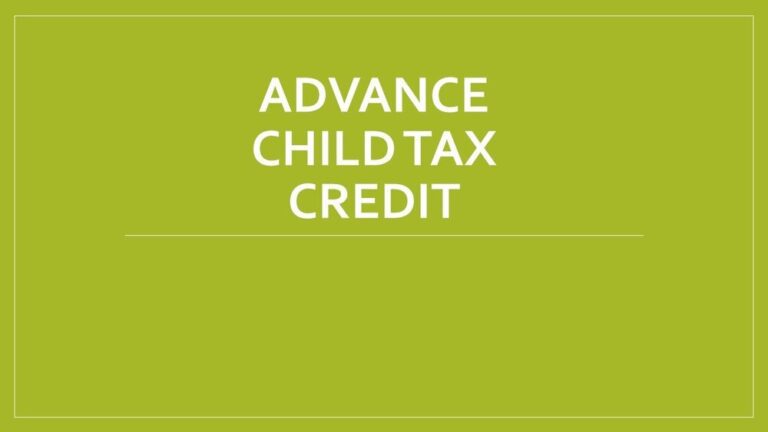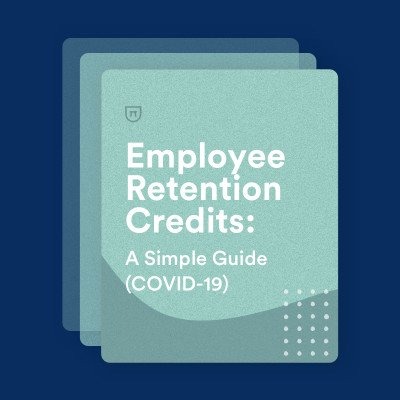TERMINATION OF EMPLOYEE RETENTION TAX CREDIT
INFRASTRUCTURE BILL RETROACTIVELY TERMINATES EMPLOYEE RETENTION TAX CREDIT
We want to make sure that you know that the Infrastructure Investment and Jobs Act (IIAJ) (to be signed by President Biden on November 15, 2021), retroactively ends the Employer Retention Tax Credit (ERTC) to apply only through September 30, 2021 (rather than through December 31, 2021), unless the employer is a recovery startup business. As a result of retroactive termination of the ERTC, we may need to review your payroll tax compliance (including tax deposits) to make sure that it conforms with these changes.
Congress originally enacted the ERTC in the Coronavirus Aid, Relief and Economic Security (CARES) Act in March of 2020 to encourage employers to retain employees during the pandemic. Congress later extended and modified the ERTC to apply to wages paid before January 1, 2022.
Eligible employers could claim the refundable ERTC against the employer’s share of Medicare (1.45% rate) taxes equal to 70% of the qualified wages paid to each employee (up to a limit of $10,000 of qualified wages per employee per calendar quarter) in the third and fourth calendar quarters of 2021.
For the third and fourth quarters of 2021, a recovery startup business is an employer eligible to claim the ERTC. Under pre-IIAJ law, a recovery startup business was defined as a business that (1) began operating after February 15, 2020, (2) had average annual gross receipts of less than $1 million and (3) didn’t meet the eligibility requirement, applicable to other employers, of having experienced a significant decline in gross receipts or having been subject to a full or partial suspension under a government order. However, recovery startup businesses are subject to a maximum total credit of $50,000 per quarter for a maximum credit of $100,000 for 2021.
The ERTC was retroactively terminated by the IIAJ to apply only to wages paid before October 1, 2021 unless the employer is a recovery start up business. Thus, for wages paid in the fourth calendar quarter of 2021, (a) the credit applies only to recovery startup businesses and (b) other employers can not claim the credit.
In connection with the continued availability of the ERTC for recovery startup businesses in the fourth quarter of 2021, the IIAJ also modified the definition of a recovery startup business so that a recovery startup business is one that (i) began operating after February 15, 2020, and (ii) has average annual gross receipts of less than $1 million. The pre-IIAJ prerequisite that a recovery startup business must not have otherwise met the requirements for an eligible employer qualifying for the ERTC, i.e., having experienced a significant decline in gross receipts or having been subject to a full or partial suspension under a government order, no longer applies. Thus, because of the modified definition, an employer that was not a recovery startup business in the third quarter of 2021 might qualify as a recovery startup business in the fourth quarter of 2021 and be able to claim the ERTC for the fourth quarter of 2021.
If you retained payroll taxes in anticipation of receiving the ERTC based on post-September 30, 2021 payroll taxes, we need to review your situation and determine how and when to repay those taxes and address any other compliance issues. We anticipate IRS will issue guidance to assist employers in handling any compliance issues.
If you have additional questions or concerns about how the retroactive termination of the ERTC will affect your business, please let us know.




